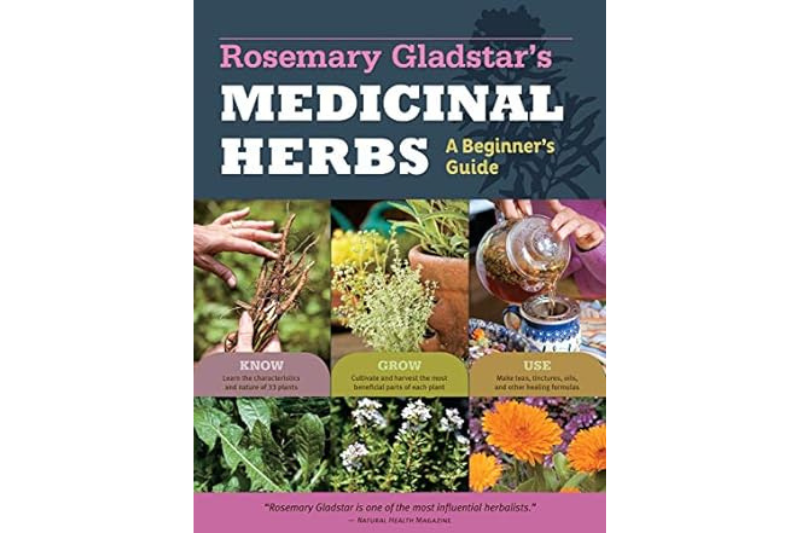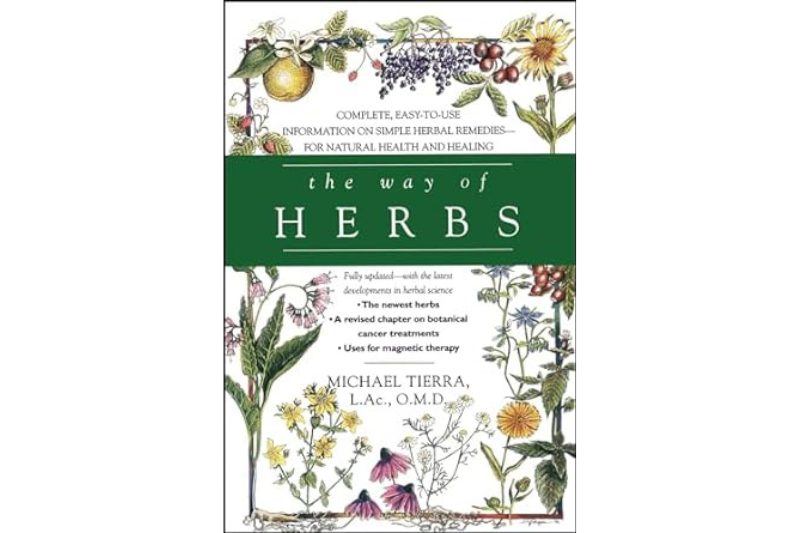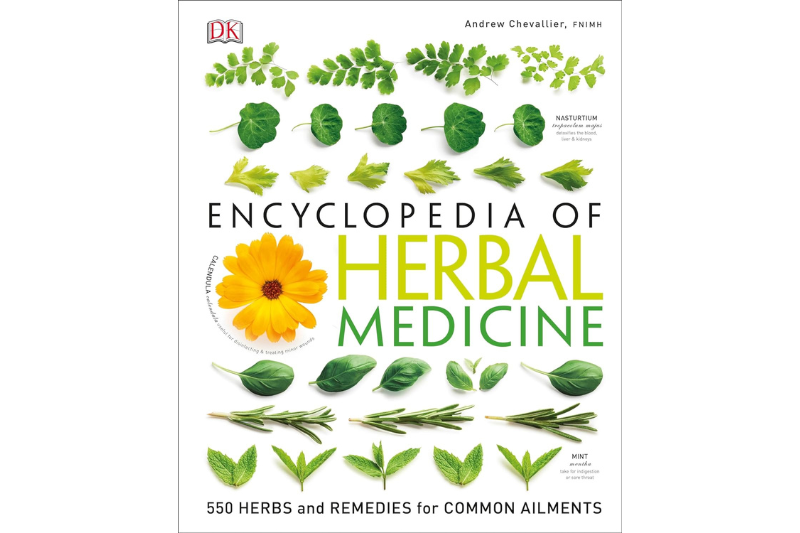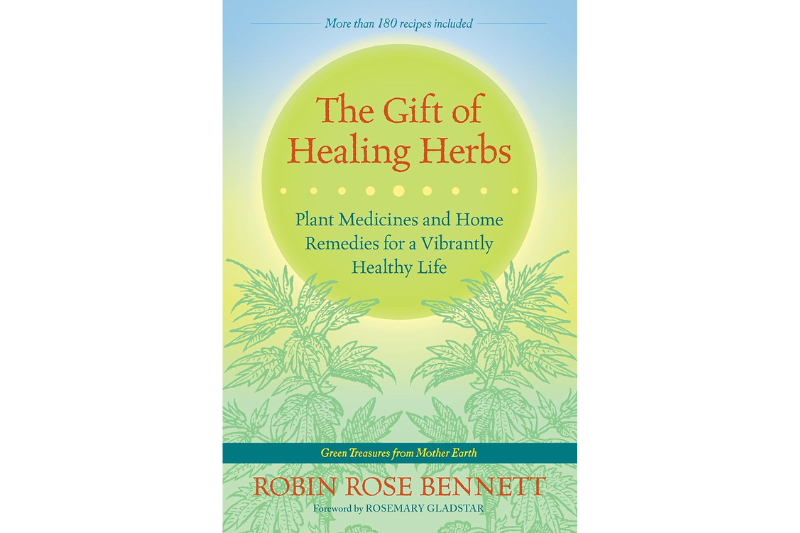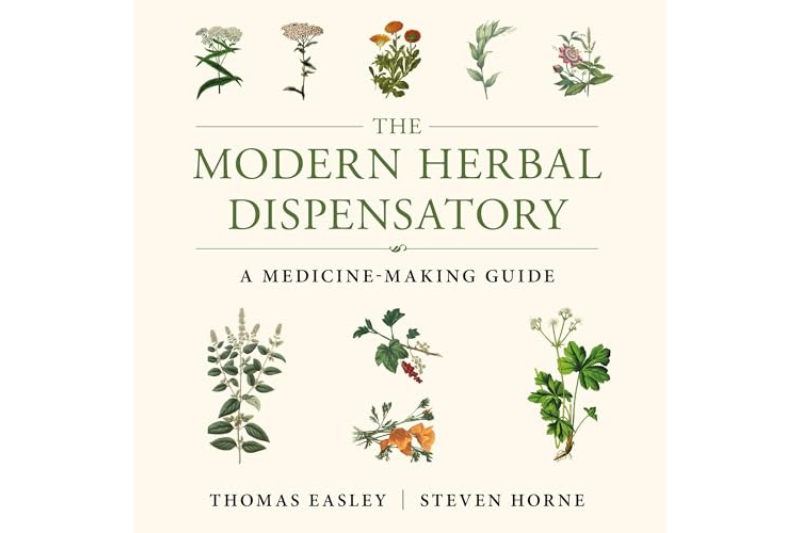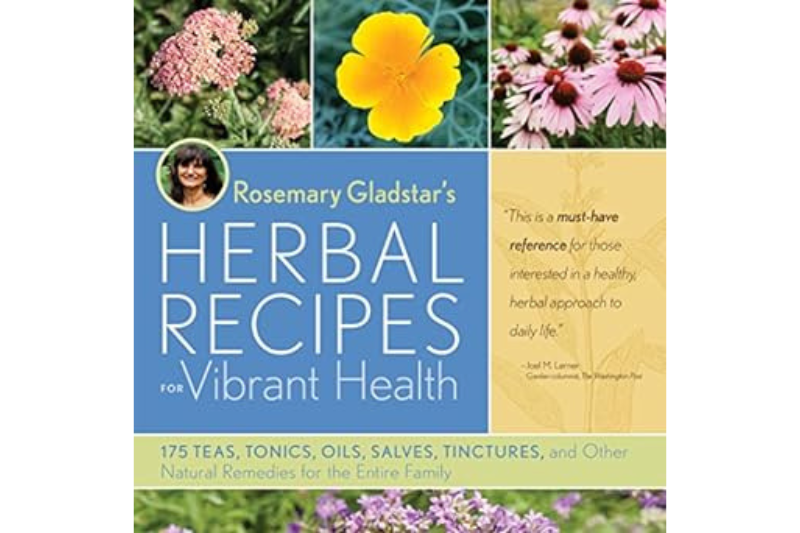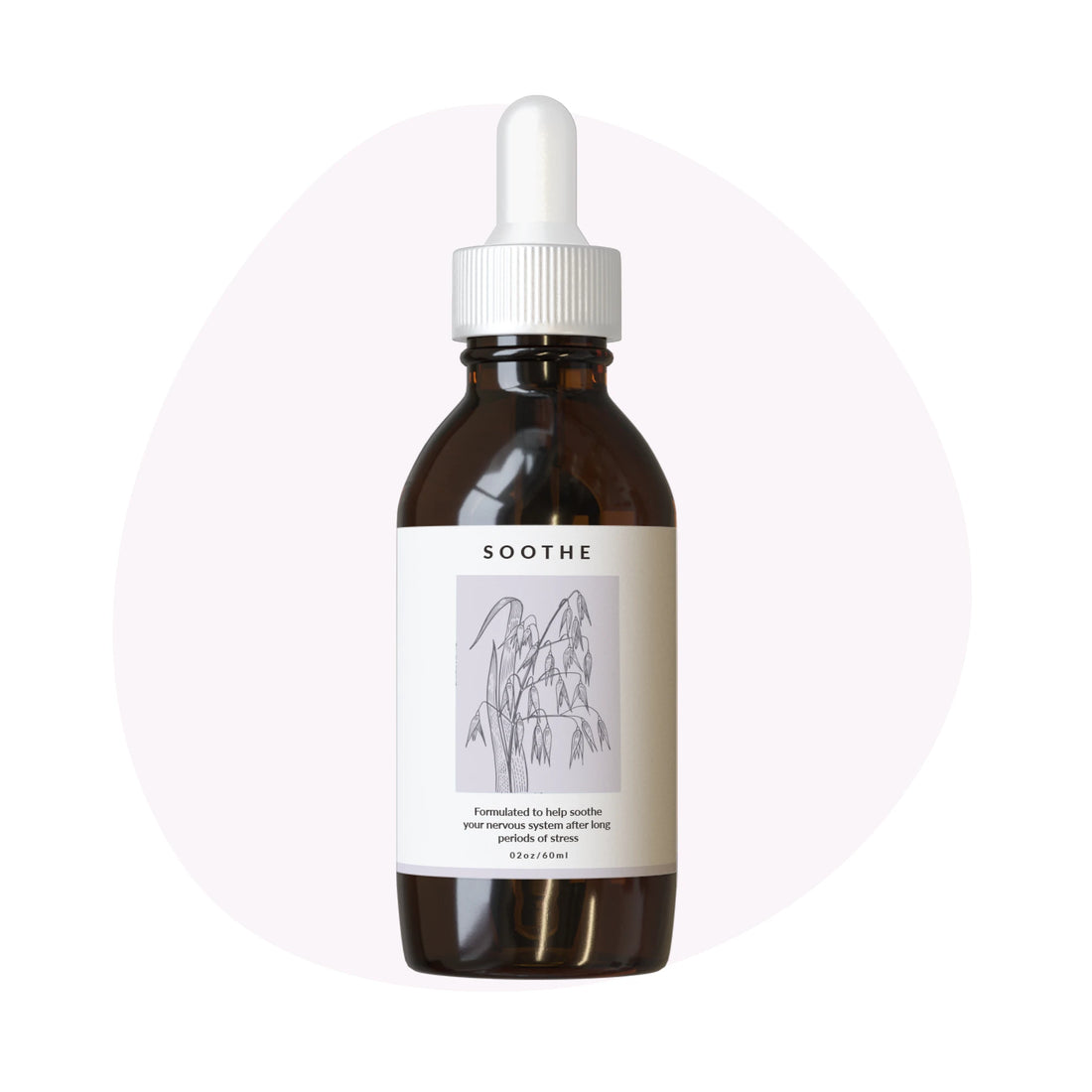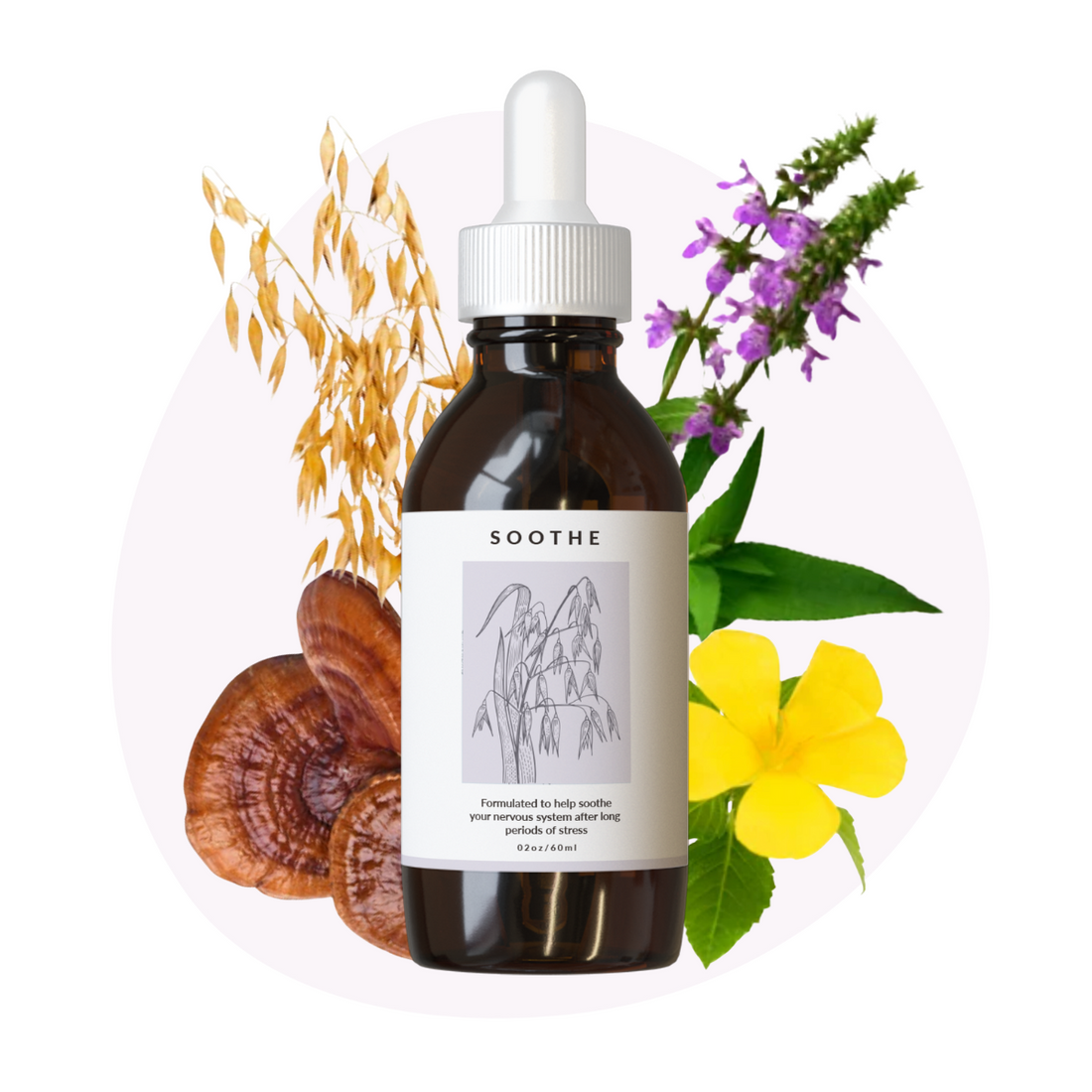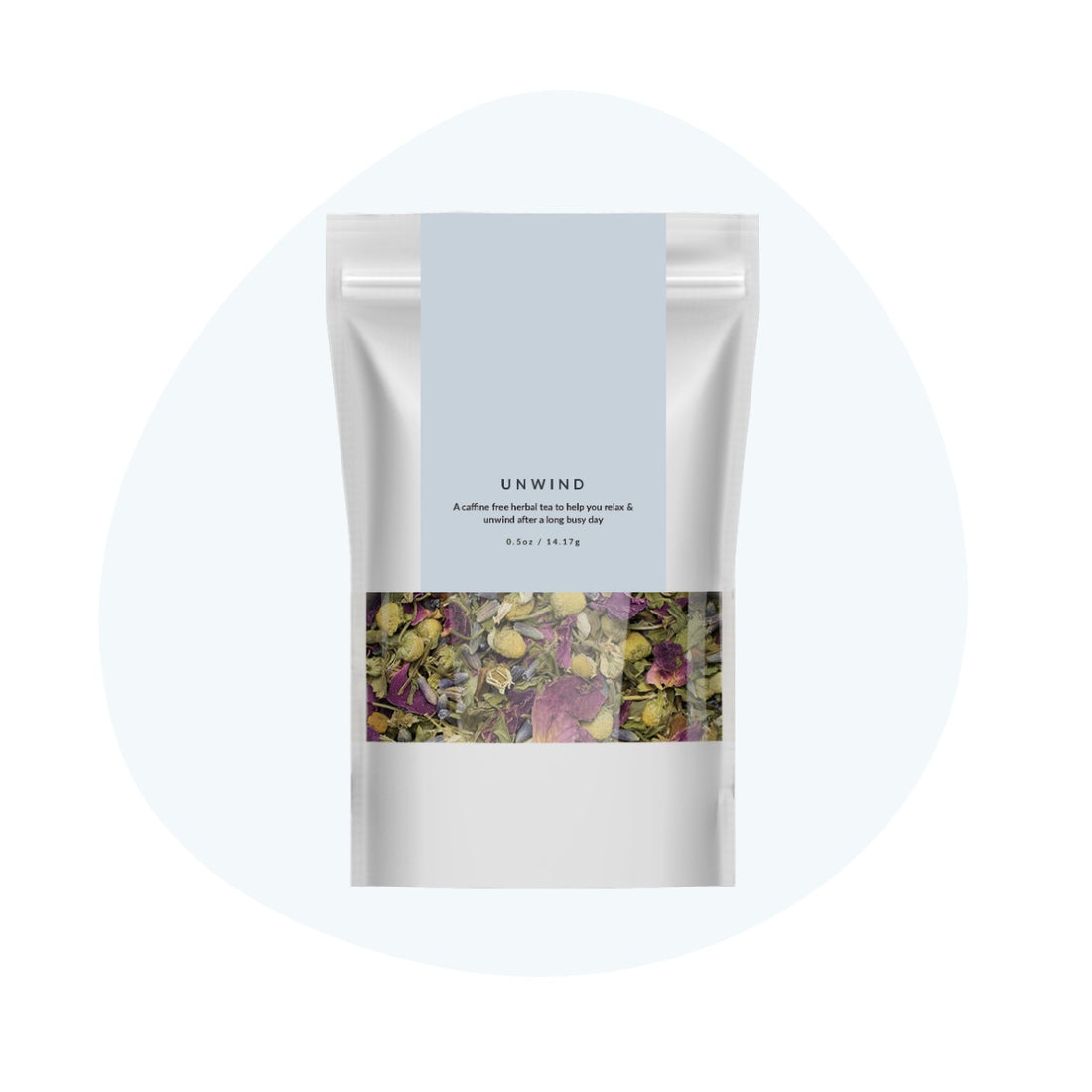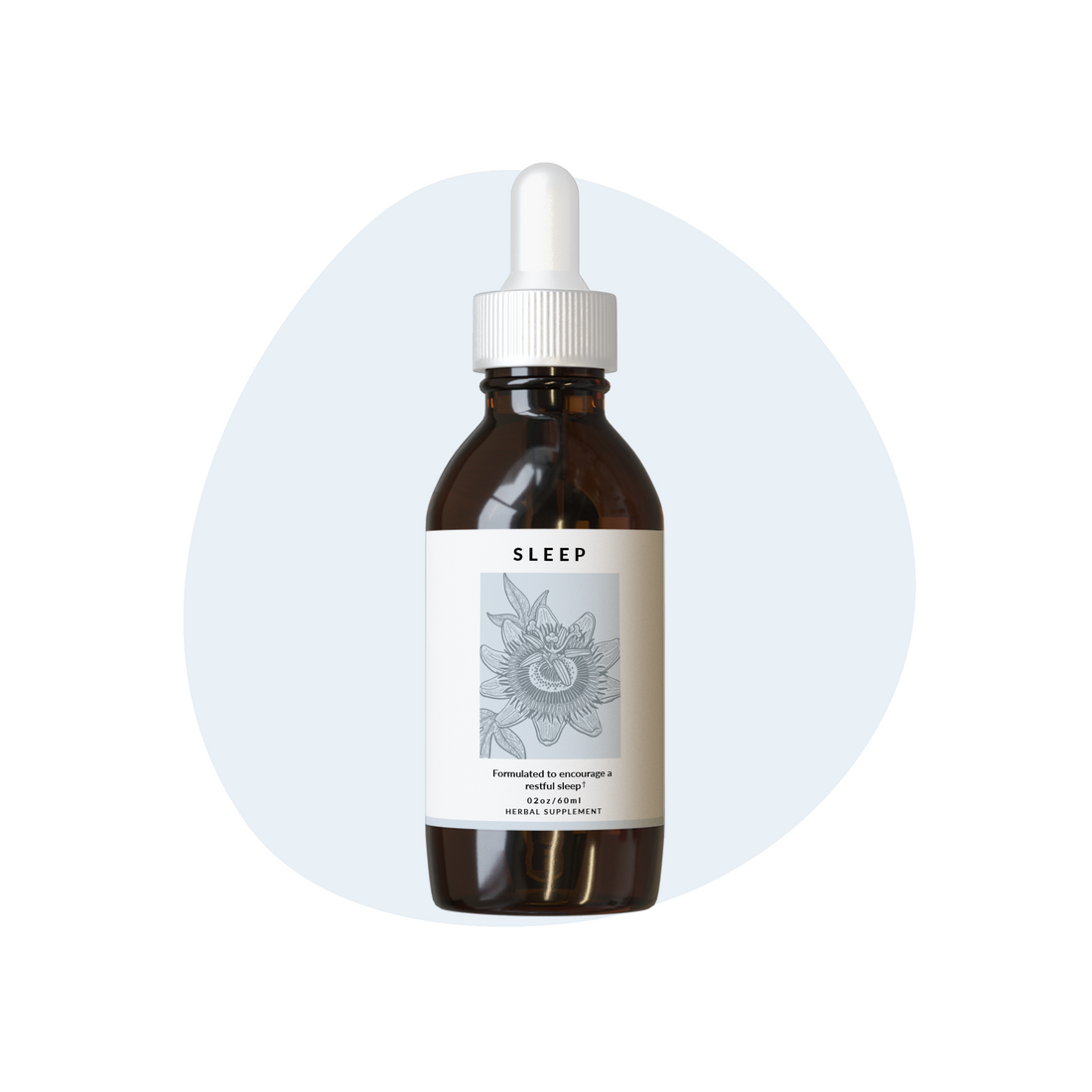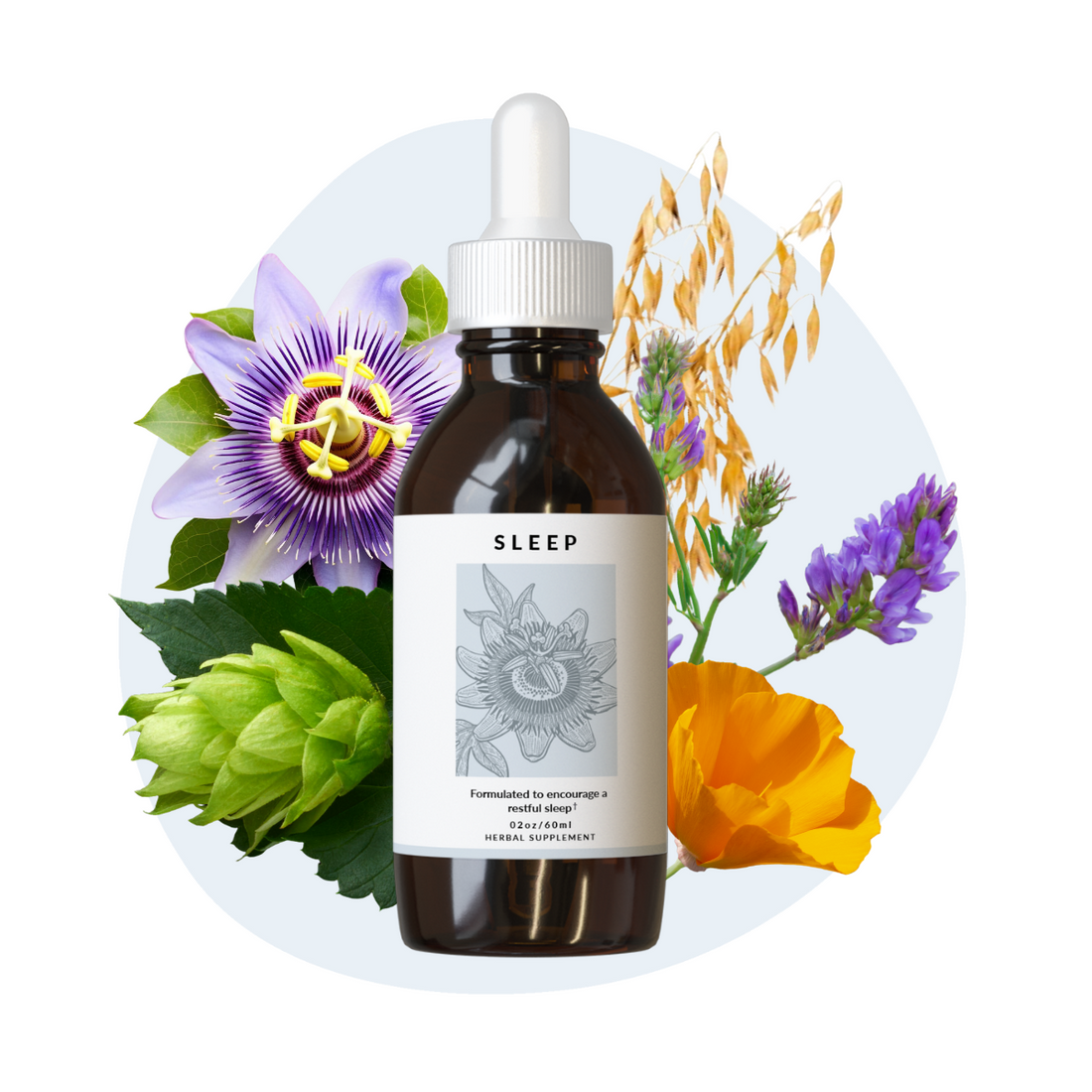Herbalism is the study or practice of the medicinal and therapeutic use of plants to support health and wellness.
Herbalism has been practiced since the beginning of time and has been the world's primary form of medicine with a written history dating back more than 5000 years ago. Herbalism was the original medicine and paved the way for modern pharmaceutical medicine. In fact, modern medicine uses specific constituents of plants to form pharmaceuticals today.

What Is An Herbalist?
An herbalist is a person who dedicates their life and time to working and studying with medicinal plants. Herbalists apply traditional practices and evidence-based research of plants to support healthy function of the human body. There is no current regulation or licensing to say who is or who isn’t an herbalist. If you are working with, studying, and using herbs in your daily life then you are an herbalist.
Professionally, some people will choose to work as herbalists in a clinical setting. These people are classified as ‘clinical herbalists’. They often go through independent certifications and schooling to use this title. Clinical herbalists help people address and resolve chronic health issues alongside medical doctors and other practitioners.
Different Approaches To Herbalism
People have been practicing herbalism since the beginning of time all over the world, and within all different types of cultures. Because of this different herbal traditions have been developed world wide.
There are a number of different traditions of herbalism that include folk herbalism, western herbalism, Ayurvedic medicine, Traditional Chinese Medicine, and numerous indigenous herbal traditions. A herbalist will usually practice primarily one tradition but some might blend a number of traditions into their practice.

How Does Herbalism Work?
Every herbal tradition relies on the use of an ‘energetic system’ to help match medicinal herbs to the person. These ‘energetic systems’ look at the sensations and patterns of the herb and person to determine which herb will best suit them and their ailment. That’s right, certain herbs are better suited to certain people and their specific concerns.
Different Ways To Consume Herbs
-
Tinctures
-
Capsules
-
Long Infusions
-
Teas



